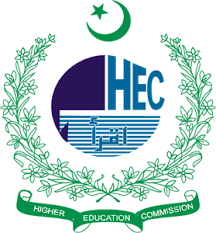Practical Suggestions Based on Islamic Teachings to Eliminate Economic Inequality in Pakistan
پاکستان میں اقتصادی عدم مساوات کے خاتمے کے لیے اسلامی تعلیمات پر مبنی عملی تجاویز
Keywords:
Islamic Economics, Economic Inequality, Zakat, Waqf, Riba-Free Economy, Social Justice, PakistanAbstract
Economic inequality remains one of the most pressing challenges in Pakistan, undermining social justice, national unity, and sustainable development. Despite being an Islamic Republic, where the principles of economic justice are deeply embedded in the Qur’an and Sunnah, Pakistan continues to struggle with wealth concentration, poverty, and lack of equitable opportunities. This study explores practical suggestions rooted in Islamic teachings to address and minimize economic disparity in the country. It highlights core principles such as Zakat, Ushr, Waqf, and prohibition of Riba (usury) as mechanisms for wealth redistribution and socio-economic balance. Moreover, it emphasizes the Islamic concept of brotherhood and social solidarity, which demands that wealth should not circulate only among the rich (Qur’an 59:7). The study also discusses the prophetic guidance on fair wages, honesty in trade, and prevention of hoarding and exploitation, all of which are critical for an equitable economy. Practical steps are proposed, including strengthening state institutions for transparent Zakat collection and distribution, encouraging revival of Waqf for public welfare, implementing Islamic microfinance models, and promoting corporate social responsibility in line with Shariah. In addition, educational reforms to inculcate Islamic values of moderation, contentment, and economic justice are suggested as long-term measures. By integrating these Islamic economic principles into policy and practice, Pakistan can move towards reducing inequality, empowering marginalized communities, and achieving socio-economic harmony. This research concludes that true adherence to Islamic teachings provides not only spiritual guidance but also a practical roadmap for building an equitable and prosperous economy.









